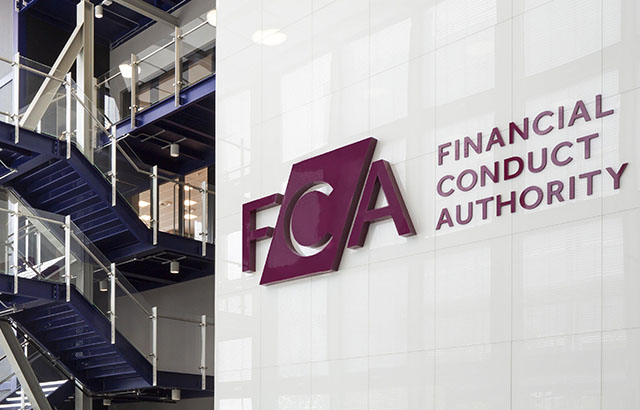Some 10 firms have been hit with restrictions for failing to meet the Financial Conduct Authority (FCA)’s expectations on overseeing appointed representatives (ARs), since tougher rules were introduced in August 2022.
The FCA does not directly authorise ARs – they are managed by authorised firms, known as principals. Principal firms are responsible for ensuring their ARs comply with FCA rules when doing regulated activity. The ARs regime was created through legislation set out by Parliament.
The UK regulator has also written to over 3,000 principals about their obligations to properly oversee the behaviour and conduct of their ARs. The regulator is also collecting data on every AR, across the financial services sector, which is helping to identify where consumers may be at risk of harm.
Previous analysis by FCA revealed that principals and the ARs they oversee have accounted for more than half of the total value of recent claims to the Financial Services Compensation Scheme (FSCS). They also generated up to 400% more supervisory cases and complaints than other directly authorised firms.
To address risks created by ARs, the FCA has created a supervision department with more than 30 staff recruited to raise the standard of oversight by principal firms of their appointed representatives.
Toby Hall, head of department for appointed representatives at the FCA, said: “We made changes because we could see a real issue with the way appointed representatives were being overseen by their principals. Consumers are at risk of being mis-led and mis-sold, with a disproportionate number of claims relating to appointed representatives being made to the ombudsman and FSCS.
“With a new department in place, and more data collected on how appointed representatives are behaving, firms should expect to continue to hear from us as we work to raise standards.”








